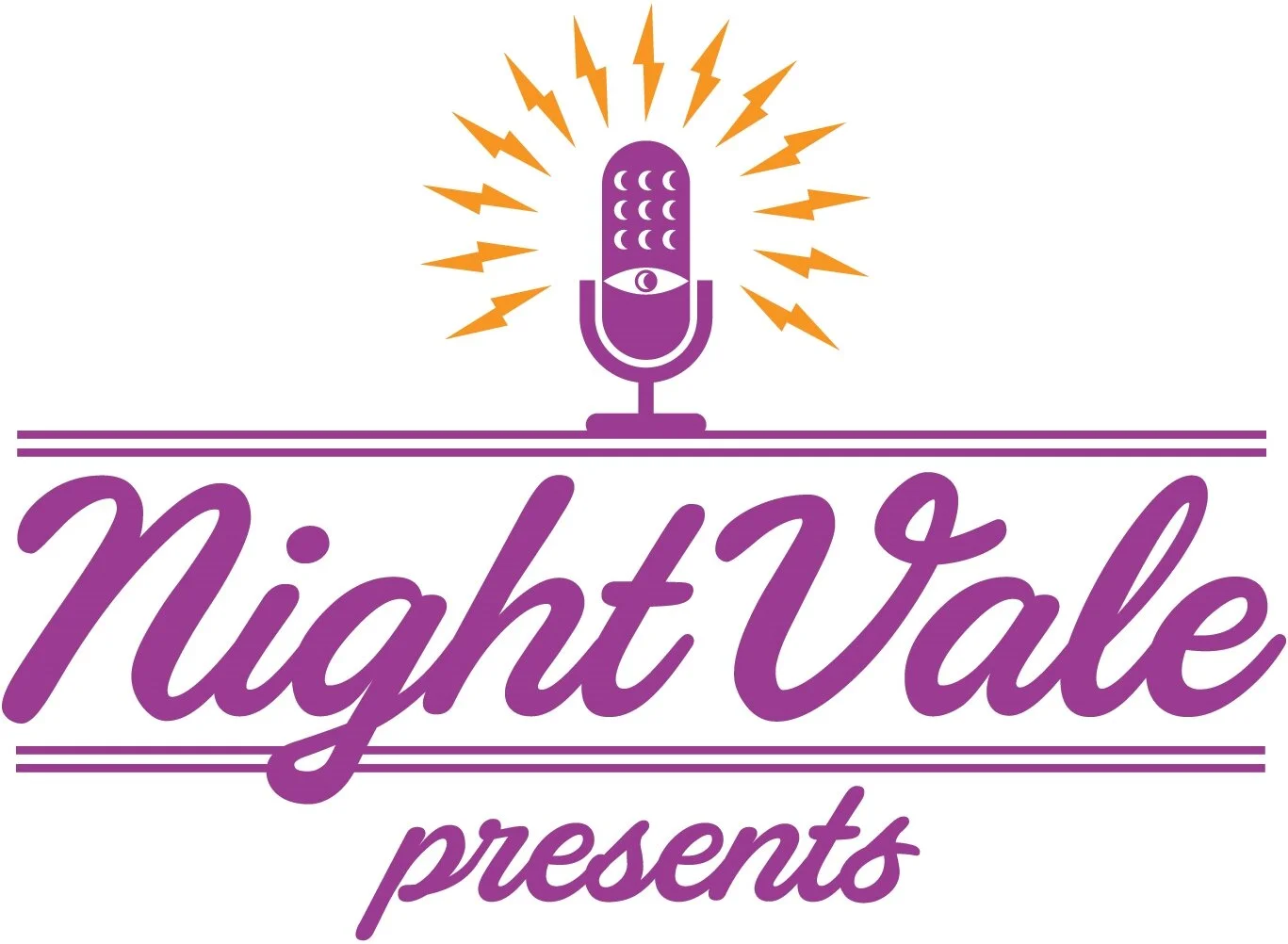A new podcast explores what we dare to say online: Conversations with People Who Hate Me, Dylan Marron's new series, begins July 31
A new podcast taps into the fractious side of the web by fostering conversations over the divide. Produced by the Night Vale Presents creative team, Dylan Marron’s Conversations with People Who Hate Me has a simple premise: what would people actually say if you reached out and talked to them about the hateful comments they posted about you online? In each episode, Marron engages in a dialogue with the people who sent him hateful messages—learning about them, their views, and why they felt the need to tell Marron that he is, according to one guest, the “most pathetic person on the internet.” The new podcast series will launch with a ten-episode season and run weekly starting July 31.
Marron is an IFP Gotham Award and Drama Desk-nominated writer, performer and video creator. He has been exploring the power of the internet through shows such as Unboxing, Sitting in Bathrooms with Trans People (IFP Gotham Award Nominee), Shutting Down Bullshit, and Every Single Word (Tumblr’s “Most Viral Blog” of 2015; Shorty Award Nominee). Marron, who has more than 175,000 fans on social media, has produced, written and hosted these socially-minded digital interview shows focusing on racism, homophobia, transphobia, and police brutality. For all of the followers who champion his work, there are a handful who respond with hateful commentary.
In Conversations with People Who Hate Me, Marron explores the power of anonymity, the convergence of different views, and what the virulent criticisms and personal attacks reveal about how we engage with each other online. What he discovers is as varied as the commentators themselves:
the 18-year-old Texan who called Marron a “moron” but revealed that high school had been hell for him because of the bullying; the conversation evolves into a discussion about how hurt people hurt people;
the Midwestern, Christian college student who says he loves Marron but hates his sin of homosexuality;
the middle-aged Trump supporter who while standing by his conservative views, softens his criticisms of Marron’s work;
the fellow queer person of color who attacked Marron for having a white husband. They discuss why people attack their own kind and how sometimes the call can be coming from inside the house;
the elementary school teacher in the South who shamed Dylan for exclusively interviewing guests with left-leaning political views that matched his, throughout the conversations she came to realize he was doing the opposite;
the Australian teen who called Marron “the most pathetic person on the internet” and goes on to say he hates feminism and the left. By the time the conversation has ended they’ve taken on why feminism matters and why a women-only Wonder Woman screening might not be the worst thing in the world.
He envisions the series as an alternative way to respond to the political and cultural climate today—tackling as he observes, “the macro environment by focusing on the microcosmic division thriving in comment sections throughout the internet.” In the end Marron reflects, “I think there’s more value to listening to people’s stories than finding ways to shut people down or attacking them.”
Marron, whose body of work focuses on video, decided to create this series as a podcast so his audience could experience these conversations without the temptation of a comment section. Additionally, he wanted to give space for listeners to contemplate the perspective of his guests without knowing what they look like. The conversations range and circle back, they are revelatory and surprising, funny and deeply moving.
He went about choosing his guests as safely as he could by only reaching out to those whose comments had not tipped into physical threats in the real world. By searching their social media profiles, he used a wider lens to understand the individuals in their everyday lives. Not everyone he asked agreed to speak with him—and those who did found themselves vacillating—Did they really mean what they said on online? Was this a trap? Some didn’t stick around long enough to find out it wasn’t.
As Nicholas Quah writes in Vulture, “It’s a compelling, high-wire concept, and one that brings to a whole other level (and maybe ends up deconstructing) the idea of ‘engaging in dialogue’ with ‘someone who disagrees with you.’ Marron’s work is consistently whip-smart and deeply aware of the multilayered nature of things; one expects to see all of that baked into this upcoming project.”
The first season of Marron’s show will be available for free on Apple Podcasts, RadioPublic, and wherever listeners can access podcasts.
ABOUT DYLAN MARRON
Dylan Marron is an IFP Gotham Award & Drama Desk-nominated writer, performer, and video maker. He is the voice of Carlos the scientist on the hit podcast Welcome to Night Vale, an alum of the New York Neo Futurists, and the creator of Every Single Word (Tumblr's "Most Viral Blog" of 2015; Shorty Award Nominee), a video series that edits down popular films to only feature the words spoken by people of color. He was most recently a writer and correspondent at Seriously.tv, where he created Sitting in Bathrooms with Trans Peopl, Shutting Down Bullsh*, and the Unboxing series. Marron has over 175,000 fans on social media and blends activism with entertainment, making the most complex issues accessible to a wide variety of audiences. For more on Dylan Marron go to www.dylanmarron.com.
Media Contact:
Christine Ragasa
917-687-9858
Christine@ChristineRagasaGlobal.com

